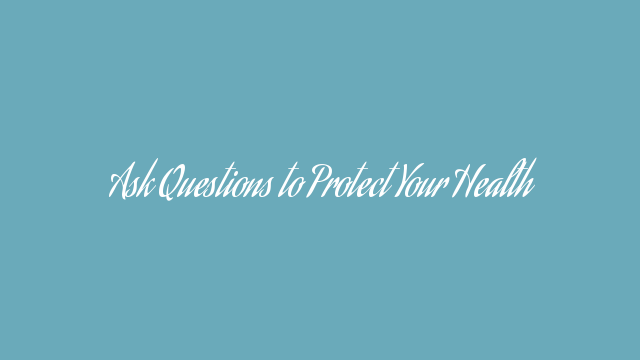
Ask Questions to Protect Your Health
So, apparently Washington D.C. knows what’s up. TSL recently covered this story and provided the following information: “A new initiative by National Lesbian Health Organization called Making Our Vitality Evident (MOVE) is aimed at helping to reverse the trend of lesbians who are obese and overweight. MOVE is a weight loss/risk reduction program for women identifying as lesbian, bisexual, and gay, involving movement and nutrition change. The program, free to participants, hopes to serve 100 women in DC, and is funded by the DC Department of Health.”
Why are they doing this? In a joint research study conducted earlier this year by Mautner Project and Vanderbilt University Associate Professor Dr. Sarah Fogel, over half of the lesbian, bisexual and 2-spirited women who participated in the study categorized themselves as “heavier than average” when they were asked what body type most represented them. Additionally, 10.8% of the respondents categorized themselves as “much heavier than average.” In the general population of Washington State, 25% of people are considered “obese”. According to the Center for Disease Control, “About one-third of U.S. adults (33.8%) are obese”. Why are the numbers higher in the lesbian community? Let’s hope this D.C. project helps us find answers. Until then, let’s ask questions.
Now, the rest of the country needs to catch up. How about here in Seattle? I’ve been talking for the last year about the importance of research, evaluation, and study of lesbian health. Why? There is a huge disparity in our community. There is strong prevalence of smoking, alcohol abuse and obesity in the LGBTQ community. Why? Maybe because we live in a society that doesn’t protect us or educate us. Wonder where I’m going with this? We have to learn to protect and educate ourselves. Part of this is knowing the questions to ask.
Has your doctor ever brought up specific concerns about your health and let you know that you are more susceptible based on your lifestyle?
Have you ever asked if you are susceptible?
Was written paperwork in their office inclusive? If not, did you mention it?
Did they write prescriptions for meds as you went through your “coming out” or your first big break up, or did they talk to you about it and offer support resources?
Have you ever asked for resources?
It is your right as a patient to have more information.
Does your insurance offer absolutely the same plan for your partner as it does for heterosexual subscribers and their spouses? If not, have you asked why?
When you go to the dentist, are you offered information related to your susceptibility to have oral HPV and then the resulting possibility of oral cancers?
There is such value in asking questions. If your provider doesn’t have an answer at that moment, they should be researching the topic and providing follow-up. Not only are you getting answers, but you are helping to educate your provider. You are not their only lesbian/bisexual/female/transgender patient.
There is a HUGE lack of training for medical professionals and a gap in the education of the LGBTQ society, as a result. As patients, we might not even know the questions to ask. We are people who have very individual health risks; but knowing what the risks are and how to overcome them is also tricky. It feels like we are a group that is good at keeping things in, maybe because we face prejudice or the feeling of being invisible, in almost all facets of life. For instance, we are bombarded daily with media that does not represent our reality. Commercials on every major network seem to show the typical family of origin as; two opposite sex parents, one daughter, one son.
I’d say that generally, my opinion is that we have learned to care for others in a way that is unique and special. We are so afraid of others feeling the pain we have, so we work especially hard to protect our loved ones and friends. So many of us are passionate about those we love, our families, our rights; but we rarely fight for our OWN health. So many of us neglect ourselves, feel lonely, or fall into a life of unhealthy habits due to the pressure, stigma, shame, etc. I want you to know that you are not alone.
In closing, I ask you, “How much do you know about your health”? Do you have high blood pressure? Are you at an increased risk for heart disease? Are you susceptible to diabetes? There is little research done around the education or lack of education given from medical providers to our community. I can’t stress how important it is to open the lines of communication and ask questions with confidence. It is your health and it is important.
It doesn’t matter where we start, but we have to start somewhere. Our lives, our health issues and our bodies shouldn’t be kept quiet anymore. We deserve equal treatment in medical care, just as much as we deserve equal rights and fair treatment in the eyes of the law. I urge you not to be afraid to speak your mind, ask the questions you’ve wondered about, seek out your own education, and grow to know your body and your risks. I care about you and I care about our community.
Movement is a medicine for creating change in a person’s physical, emotional, and mental states. – Carol Welch
Photo: TheSeattleLesbian.com

